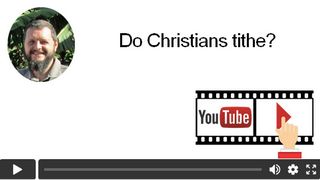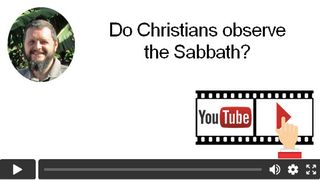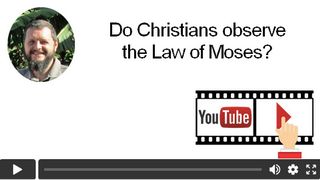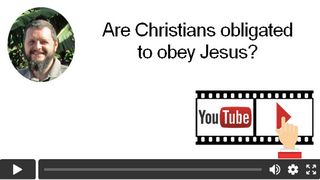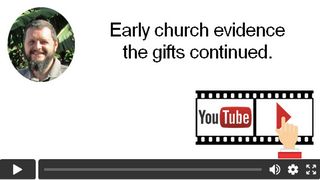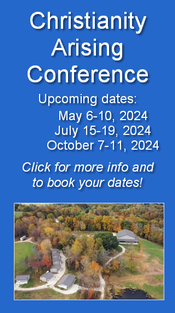

The Historical Faith
The early church possessed a distinct two-kingdoms theology. They believed that believers were citizens of the kingdom of God, and by default, only sojourners here on earth. Though God was involved in the affairs of men, they believed that citizens of the kingdom of God were to abstain from participation in the affairs of government. Church and state were intentionally distinct. This separation held until the advent of the Roman Catholic Church, when the government sanctioned the church of their choosing. This pattern of church and state partnership remained in place even under the Protestant reformers. It was the Anabaptists who resisted this pattern under tremendous persecution during the reformation era.

The New World offered a new and rare opportunity to forge a completely new form of government, where the state was distinct from the church yet again. This model of government would be replicated throughout the world, and citizens would be permitted the right to choose their faith once again. Under these new freedoms, the Protestant churches would adopt some historical early church positions (many held by the Anabaptists) such as baptism upon faith and freedom of conscience.
One very distinctive aspect of the primitive faith which was adopted by the Anabaptists was the supremacy of the teachings of Jesus Christ. They viewed Christ as the author and perfector of our faith, and the writers of the New Testament epistles as expositors testifying concerning the teachings of Christ. They read the Apostles’ writings in the context of Christ’s teachings, never usurping what He actually said. They would never theologically or exegetically dismiss the teachings of Jesus. This was in part because of their simple approach to Scripture.
They approached the Scriptures in the simplest terms, accepting what was written at face value quite literally. They would not use higher criticism or theological constructs to escape the ramifications of challenging passages. Rather, they would combine other pertinent passages and form a cohesive understanding that reconciles all the available texts. No mental or hermeneutical gymnastics were necessary. To make new disciples did not involve years of theological training, since the Scriptures alone were sufficient for establishing orthodox belief and practice.

This early church practice resulted in a single church with just one belief and practice. There were no denominational factions for hundreds of years. This universal church was established over a large geographic area spanning continents with many cultures and languages. And they universally held to the simplicity of Christ’s teachings, and absolute authority of Scripture.
Compare that to the tens of thousands of denominations who nearly all claim to hold to the authority of Scripture today yet have thousands of distinctive beliefs and practices. Where have we gone wrong? By observing the witness of the early church, we can recapture the faith of the disciples of the Apostles who lived amid their culture and communicated in their language. We can be one once again!
All rights reserved. Copyright by LiveTheBible.info
